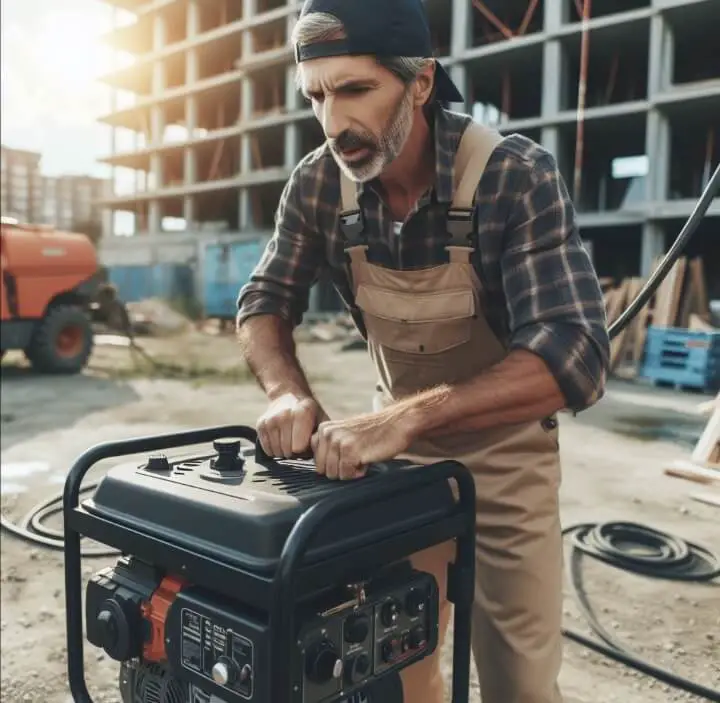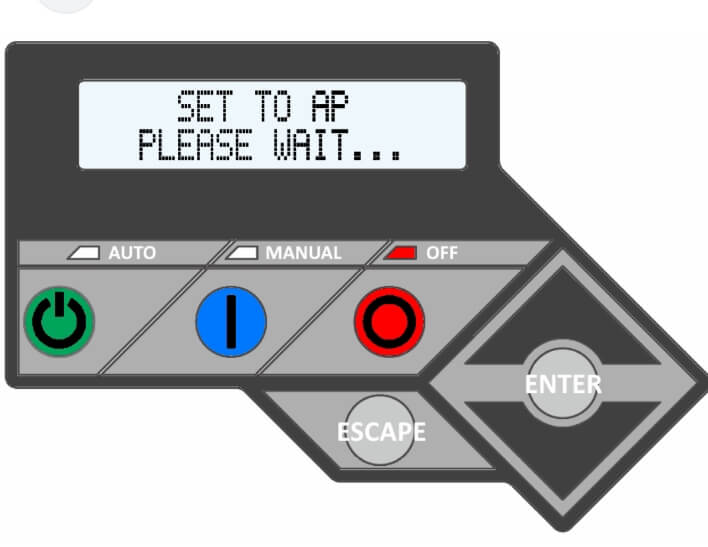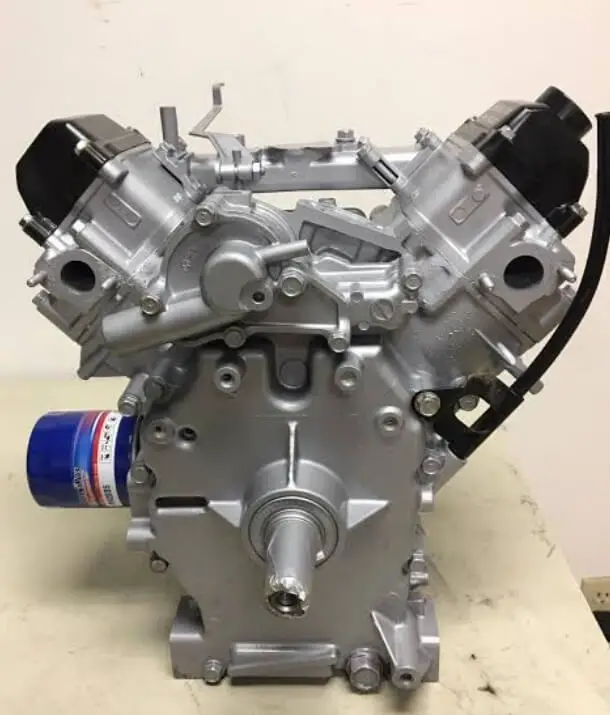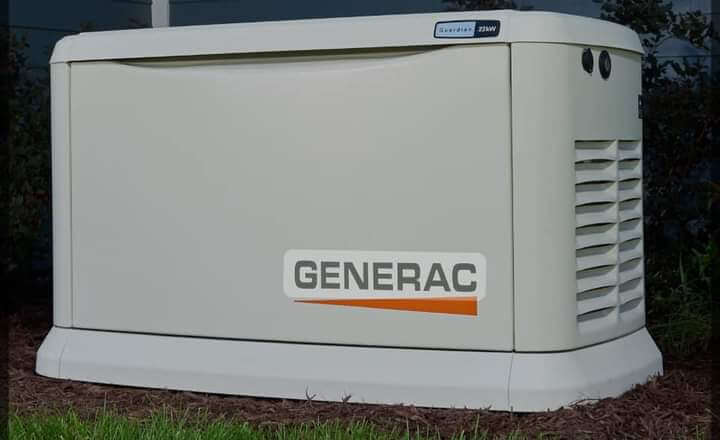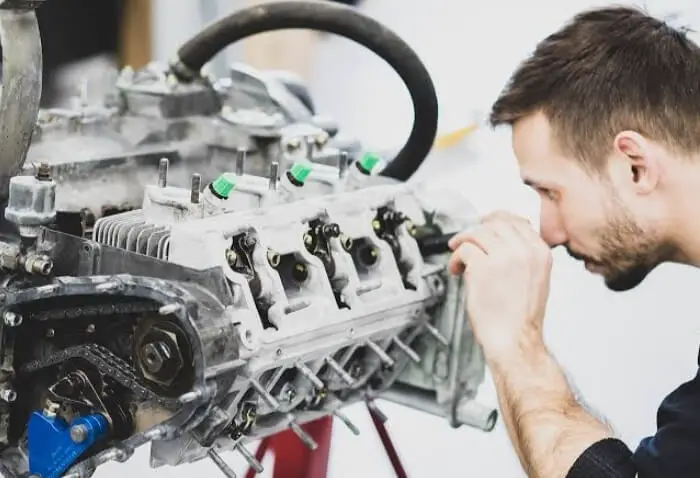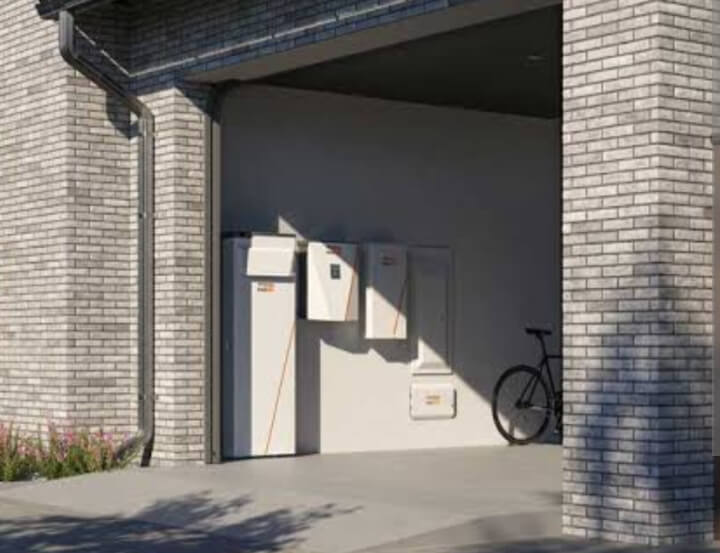Abdulmajeed Abdulwasiu
Abdulmajeed Abdulwasiu is a multifaceted professional with a passion for knowledge and practical application. As a writer, student, blogger, researcher, generator consultant, and mechanic, he brings a wealth of experience to his work. With a foundation in generator repair learned from his uncle, Abdulmajeed has honed his skills over 7 years, becoming a trusted authority in the field.
He is the founder of two successful blogs: Generator Hacks, a go-to resource for generator maintenance, troubleshooting, and industry insights; and Culinary Junctions, a niche blog under the Generator Hacks umbrella that explores the intersection of culinary arts and power generation.
Abdulmajeed’s commitment to research and education is evident in his continuous pursuit of knowledge, both as a student and an educator through his blogs. His expertise extends to providing consultancy services for generator maintenance, where he advises on best practices and innovative solutions.
In his leisure time, Abdulmajeed indulges in his love for reading, enriching his knowledge base, and contributing thought-provoking content to both of his blogs. His dedication to writing is not just a profession but a personal journey of growth and discovery.


